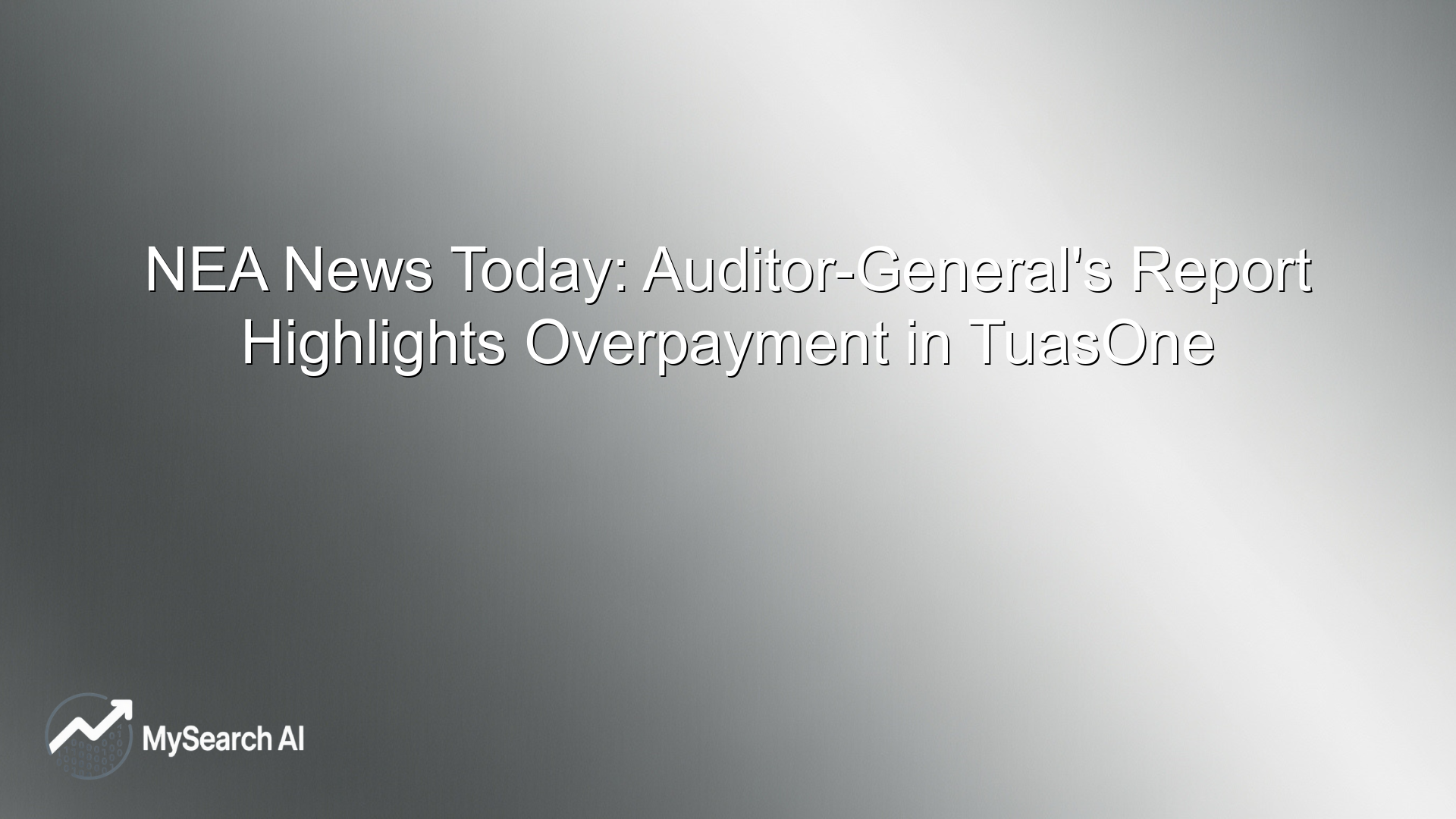Related Articles
Ask anything about stocks
Isumi Railway News Today: Investigation Reveals Maintenance Lapses Led to Derailment
In a troubling development for Japan’s rail network, the Isumi Railway has come under scrutiny following a derailment in October 2024. The Transport Safety Board’s investigation concluded that maintenance lapses were responsible for the incident. This revelation has raised significant concerns regarding railway safety inspection and track maintenance issues, urging the industry to reevaluate its current practices.
Details from the Transport Safety Board Report
The recent report released by the Transport Safety Board pointed directly to maintenance deficiencies as the cause of the Isumi Railway derailment. Detailed inspections revealed that the tracks were not maintained according to prescribed standards, which contributed to the accident. This shows a critical failure in compliance and a pressing need to enhance railway safety inspections. The board emphasized that adherence to maintenance schedules and prompt upgrades are crucial to prevent such incidents in the future. This finding is a stark reminder for other rail operators to prioritize safety compliance.
Impact on Railway Safety and Public Trust
The revelation of track maintenance issues has understandably shaken public confidence. Commuters are now questioning the safety assurances provided by railway operators. Moreover, the Isumi Railway derailment incident stresses the importance of rigorous safety protocols. Public transport safety is paramount, and any lapse can lead to grave consequences. Many citizens have expressed their concerns on social media, demanding accountability and remedial actions. Authorities are likely to intensify inspections and possibly revise safety regulations to restore confidence in the railways.
Industry-Wide Implications and Response
The implications of Isumi Railway’s maintenance lapses extend beyond just one company. Other railway operators may face heightened scrutiny and pressure to review and upgrade their maintenance procedures. An industry-wide response involving stricter regulations and comprehensive safety audits is anticipated. Looking ahead, railway companies must invest in advanced technologies for better track monitoring and maintenance efficiency. The focus should remain on preventing such calamities by ensuring all safety measures are diligently followed. This proactive approach could avert any repeat of the past missteps.
Final Thoughts
The Isumi Railway derailment, resulting from maintenance lapses, highlights essential lessons for Japan’s entire rail industry. Public safety, compliance, and trust are intertwined, and any compromise can have severe repercussions. Moving forward, rigorous safety inspections and regular maintenance must become non-negotiable elements of railway operations. Railway operators must prioritize investments in technology and training to prevent future mishaps. For investors and stakeholders, continuous monitoring of safety enhancements and compliance effectiveness will be crucial. Embracing a proactive stance will ensure that railway transport remains a reliable mode of transportation.
FAQs
What caused the Isumi Railway derailment?
The Isumi Railway derailment was caused by maintenance lapses, as identified by the Transport Safety Board's report. Improperly maintained tracks led to the incident, raising concerns about safety standards.
How does this incident impact public trust in railways?
Public trust is significantly impacted by the Isumi Railway derailment. Commuters are now wary of the safety of railway operations, demanding stricter safety measures and transparent remedial actions from authorities.
What steps should be taken to prevent similar incidents?
To prevent similar incidents, railway operators must adhere strictly to maintenance schedules, invest in technology for track monitoring, and conduct regular safety audits. Strengthening railway safety inspections will guard against future derailments.
Disclaimer:
This is for information only, not financial advice. Always do your research.



